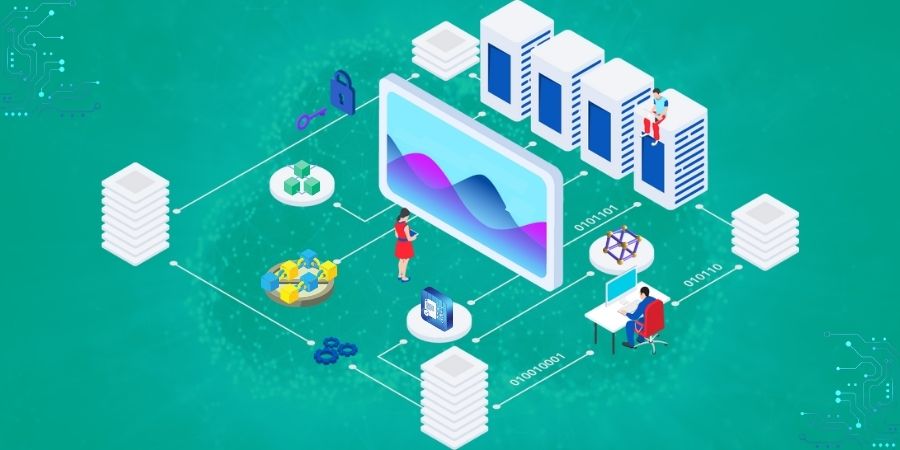
Introduction
The internet is undoubtedly one of the essential components of our daily life. From shopping to making payments to booking hospitals or buying tickets - everything has come under the control of our fingertips because of the internet and technologies. The internet we are using today is Web 2.0. But the advent of Web 3.0 empowers new technology, driven by blockchain technology and artificial intelligence, keeping in mind the customer's demand for online privacy. This article will give you a quick walkthrough of Web 3.0 and how it is leveraging blockchain technology to deliver a decentralised ecosystem.
What is Web 3.0?
The internet is evolving with new technologies, and based on the technologies used - the web gets divided into different generations. Web 3.0 is the third generation of the internet that can process information smartly, much like a human. It uses artificial intelligence (AI) and machine learning (ML) to process information. It interacts with users smartly over the web or to create adaptive applications and extensively uses blockchain to make the entire communication infrastructure decentralised. Thus, the decentralised ledger technology manages all the information, making data privacy more user-centric rather than controlled and operated by any central authority. Again, in Web 3.0, the financial services leverage the decentralised architecture through Decentralized Finance, prominently known as DeFi. Web 3.0 is undoubtedly the future of the internet and how online services will work. The blockchain in Web 3.0 will reinvent how we interact with the data on the internet. Let us now explore what blockchain is and how it renders benefits to the modern evolution of the web.
What is Blockchain Technology?
The blockchain is a technology and an immutable system of storing information in the form of a distributed ledger or database shared among various computer nodes of a network. It was designed in a way that is impossible to hack or cheat this digital ledger system. The innovation that blockchain technology brings is it ensures complete fidelity, integrity, and security of records and the data associated with them without any management of a third party. This digital ledger technology keeps duplicate records of the transaction across the whole network of this system. The entire technology gets divided into blocks connected as chains of information. Each block holds the chronological description of the number of transactions. When any new transaction happens on the blockchain, a transaction record gets added to every participant's ledger. Blockchain is a kind of distributed ledger technology (DLT). It uses an immutable cryptographic irreversible signature called Hash.
How Will Web 3.0 Leverage Blockchain Technologies?
Web 3.0 will leverage the power of decentralised technology and protocols running on blockchain technology. It will display a symbiotic relationship between blockchain technology, artificial intelligence, and decentralised network protocols. Blockchain will render more control and security over data and transactions without the need for centralised systems or organisations like Google, StubHub, Amazon, Visa, etc. As per the Vintage Market Research's projection, the global Web 3.0 with blockchain will grow to 23.3 billion USD from 2022 to 2028. It gives a CAGR of 41.6 per cent during this duration.
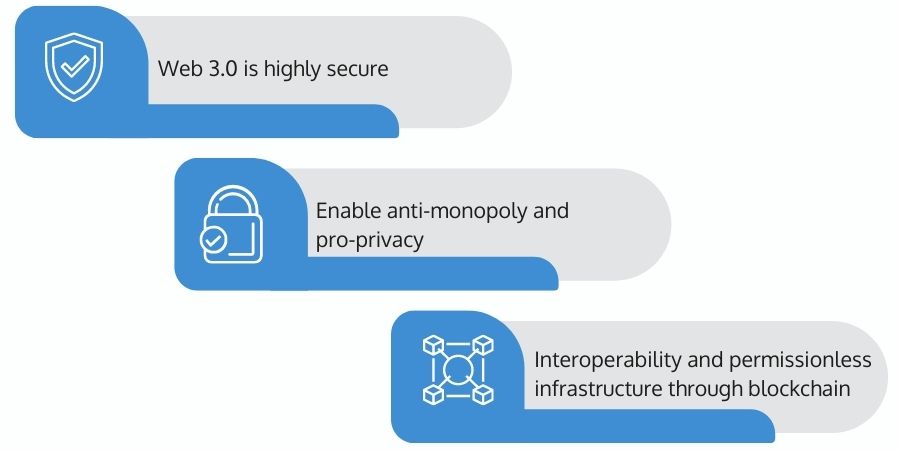
Advantages of Blockchain in Web 3.0
Web 3.0 leverages blockchain technology on various grounds. Here is a list of some advantages Web 3.0 can make through blockchain.
- Web 3.0 is Highly Secure: This web version will be more highly secure than its predecessors. Since it will run on a decentralised architecture powered by blockchain, it will become challenging for cybercriminals to penetrate the system or its network without getting detected or tracked. Blockchain technology with AI can render robust security to the network, database, and infrastructure running on Web 3.0.
- Enable Anti-monopoly and Pro-privacy: Platforms running on today's Web 2.0 are centralised. It means the organisation controls and manages the users' data, making this data prone to data leakage or privacy issues. But Web 3.0 brings anti-monopoly and pro-privacy to the table. This turnaround is because of the decentralised structure (powered by blockchain) of storing data where the control of the user's details will reside in the users' hands. It will end the monopoly of the tech giants and will culminate in the privacy leakage issue that most users worry about these days.
- Interoperability and Permissionless Infrastructure through Blockchain: Web 3.0 will enable users to access their data across different apps and services without requiring them to be on any particular platform or service. Again, anyone can participate in the network or join the decentralised system to leverage the power of blockchain.
Conclusion
Web 3.0 is undoubtedly the future of the internet that will define how online services will work. Blockchain will play a significant role in the upcoming version of the web. Since the contribution of blockchain in Web 3.0 is endless, it will redefine various aspects like security, privacy, financial transaction management, data storage, etc. The use of blockchain in Web 3.0 marks the era of a decentralised system where all the data and metadata will remain anonymised, complying with the latest privacy policies and regulations to render end users a great brand experience.



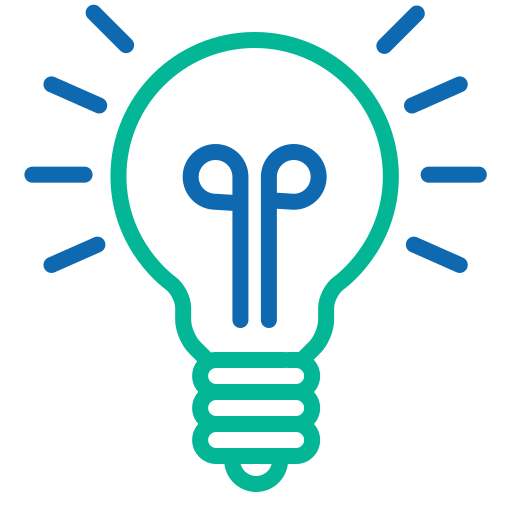




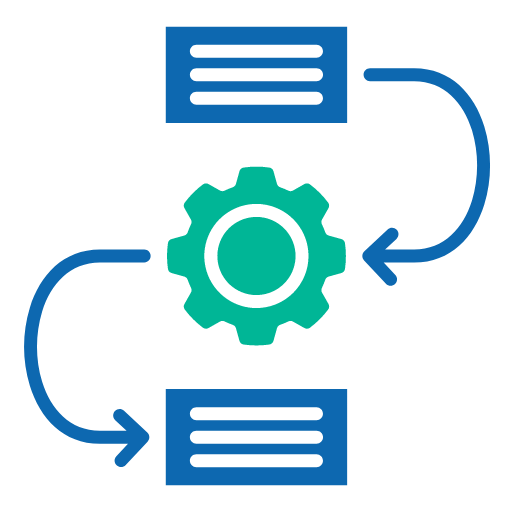


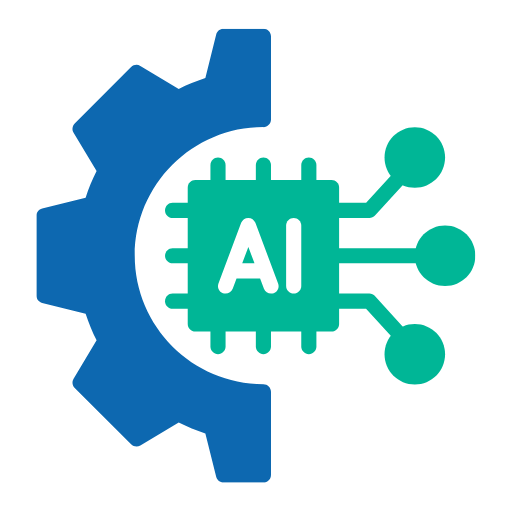



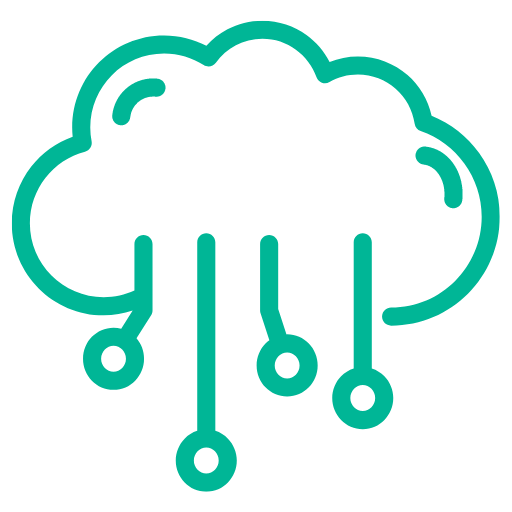






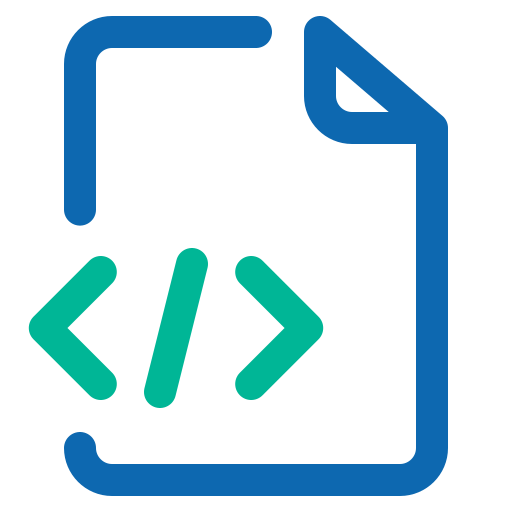
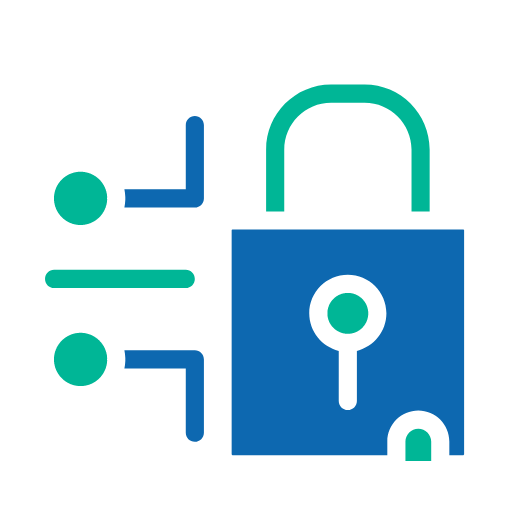

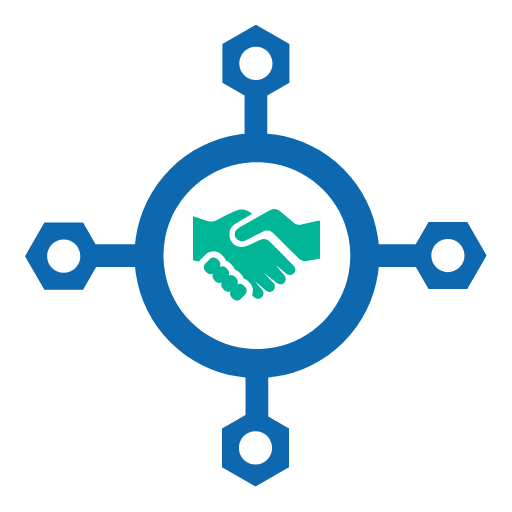

 Batoi Corporate Office
Batoi Corporate Office